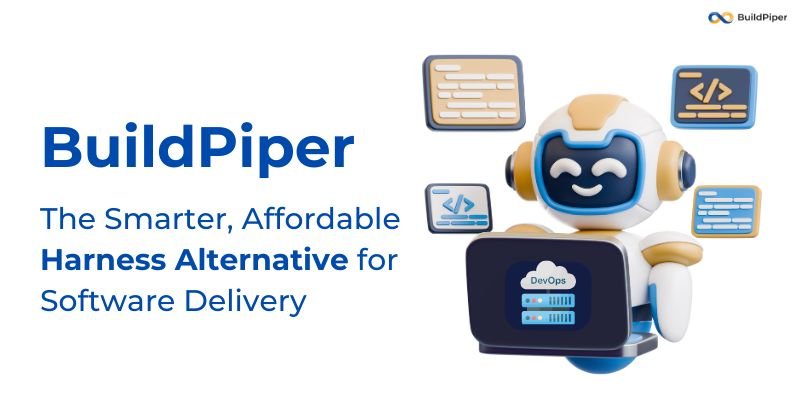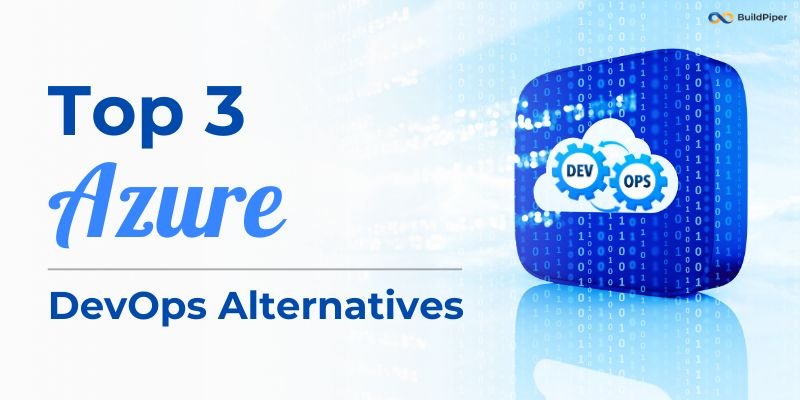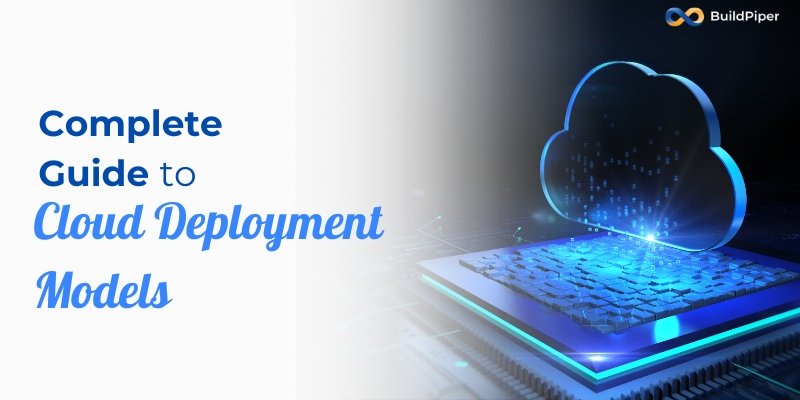Application Modernization is the practice of updating legacy applications by modernizing their frameworks, internal architectures, platform infrastructures and features. By integrating upgraded functionalities and enhanced features, application modernization revamps existing legacy applications and helps them function well.
A report by Markets and Markets says the global application modernization services market size is expected to grow from USD 11.4 billion in 2020 to USD 24.8 billion by 2025, i.e., 16.8% CAGR.
Scaling legacy applications and adding new features becomes complicated as the application or the software tends to become obsolete and outdated. This inability to integrate with upgraded functionality and new systems can affect the overall growth and expansion of businesses that use legacy applications.
Modernizing applications and legacy systems can propose multiple benefits, such as reduced operational costs, better scalability, improved customer experience and enhanced product value. Here are a few important reasons why enterprises opt for app modernization.
1. Provides the ability to add new features
Application modernization provides the ability to integrate new features and services that align with the business’s goals and objectives in a better way. Adding new features allows businesses to personalize their apps thus ensuring that legacy applications continue to deliver value.
2. Improves the productivity of developers
Application modernization helps in improving developers’ productivity as they now can save time by working with easy to use technology. App modernization eliminates reduced tedious chores of dealing with outdated features and obsolete technology by automating tasks and eliminating repetitive processes. It also helps in removing Microservices challenges during migration to the cloud.

3. Enhances customer experience
With customers expecting businesses to keep up with updated technology and trends, businesses must comply with these changing trends or else they should be prepared to lose their target audience to their competitors. Application modernization helps to enhance customer experience by transforming user interface, integrating new features, offering new services and automating manual tasks.
BuildPiper has helped industry-leading companies by providing best-in-class app modernization services and in overcoming complex Microservices challenges. BuildPiper is a powerful Microservices DevSecOps platform that has come out as a greatly sought after and highly demanded platform for managing Microservices in the industry today!
It is one of the most popular Microservices orchestration tools that enterprises and DevOps teams rely on for secure, scalable and compliant Microservices management and Kubernetes deployment.
Here’s how BuildPiper assists DevOps teams in delivering dockerized code and business functionalities from a coder’s workstation to a secured, scalable, and standardized production environment in under a day and makes Kubernetes Microservices-application ready!
–Managed Kubernetes for setting up a new K8s cluster and enabling seamless onboarding of an existing one.
–Managed Microservices for highly intuitive and secure onboarding and management of Microservices.
–Secured and easy setup of CI/CD Pipelines for Macro & Micro builds and deployments along with comprehensive CI analysis and customizable CI gate checks.
–Security, Compliance, and Observabilityvia some of the best industry tools such as ISTIO, Hashicorp Vault, etc, 360-degree cluster observability and impeccable secret management via Hashicorp Vault.
No doubt, these features make BuildPiper, one of the most reliable Microservices orchestration tools in the industry today!
Buildpiper is an End to End Microservices Delivery Platform.









